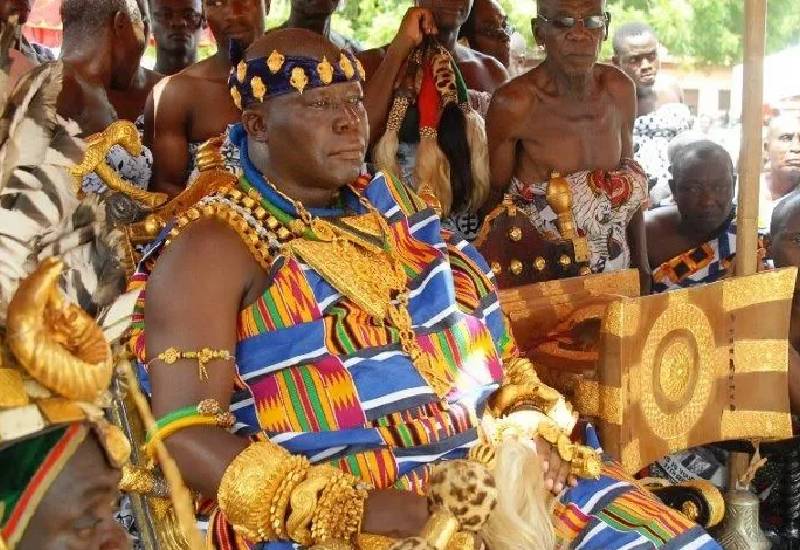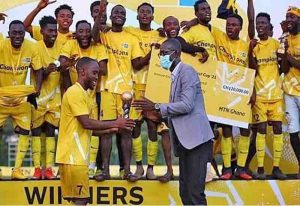By Godwin Owusu Frimpong
On August 15 2024, Asantehene Otumfuo Osei Tutu II asserted his authority and called into question the loyalty of his sub-chiefs amidst mounting challenges linked to ongoing territorial disputes in Sampa. His inquiry reflects not just personal disappointment but highlights a wider concern for the unity and stability of the Asante Kingdom.
Asantehene’s frustrations can be traced back to the historical context of the Ashanti Kingdom, which has traditionally thrived on collaboration and collective responsibility among its leaders. His impassioned rhetoric—”Why do you leave me to fight these battles alone?”—indicates not only a demand for accountability but also points to a cultural expectation that sub-chiefs actively support their leader in times of crisis. This expectation is underscored by centuries of shared struggles and collective victories that have defined the Asante identity.
The context for these remarks is critical. The Sampa land disputes, marked by complexities and contentions, have heated tensions not only among traditional leaders but also among their constituents. The Dormahene Osagyefo Oseadeeyo Dr. Agyemang Badu II has been particularly vocal in his criticisms, creating an environment where the Asantehene feels isolated in defending the dignity of the kingdom. His question to the sub-chiefs—”Where is your loyalty to the kingdom?”—is emblematic of a broader existential inquiry about the responsibilities of leadership and solidarity in difficult times.
The potential ramifications of this internal strife are far-reaching. The apparent complacency of sub-chiefs in the face of public criticism raises serious concerns about the resilience of the leadership structure within Asanteman. Otumfuo’s warning that “if you are not willing to stand for Asanteman, then I will” not only affirms his commitment to leadership but also serves as a clarion call for unity in confronting external detractors.
Critics of traditional leadership may interpret this moment as indicative of deeper fractures within the hierarchy, suggesting that sub-chiefs may be more divided in their loyalties than previously assumed. The stakes are particularly high; failure to rally together in this time of crisis could lead to a cascade of challenges that threaten the very fabric of Ashanti unity.
As we analyze Otumfuo’s impassioned address, it becomes evident that the future of the Asante Kingdom may hinge on the responses of these leaders. Will they rise to the occasion and demonstrate the solidarity necessary to preserve the sanctity of the Asante legacy, or will indecisiveness and division prevail, undermining the profound cultural heritage that has long been the source of their strength?
As the tensions unfold, all eyes will be on the actions of the sub-chiefs in the coming days. The decisions they make will not only define their individual legacies but could also shape the trajectory of the Ashanti people in an increasingly complex socio-political landscape. The dialogue surrounding loyalty, leadership, and community remains crucial as Asanteman stands at a crossroads, awaiting a unified response to the provocations that threaten its storied history.
Godwin Owusu Frimpong




